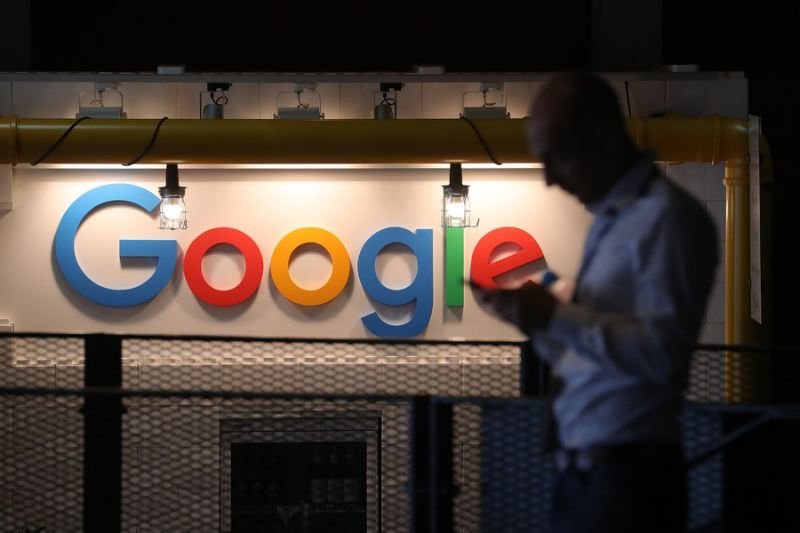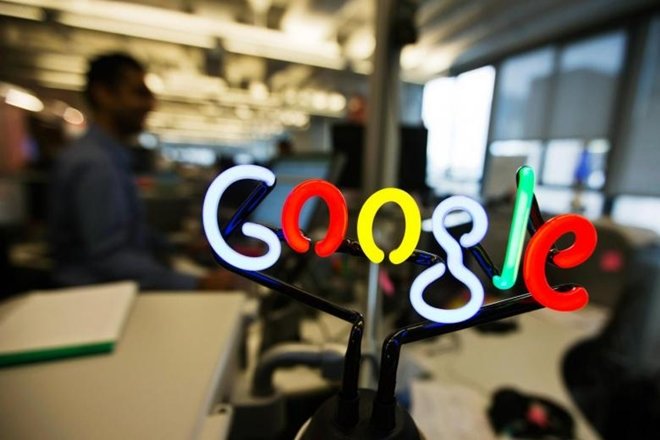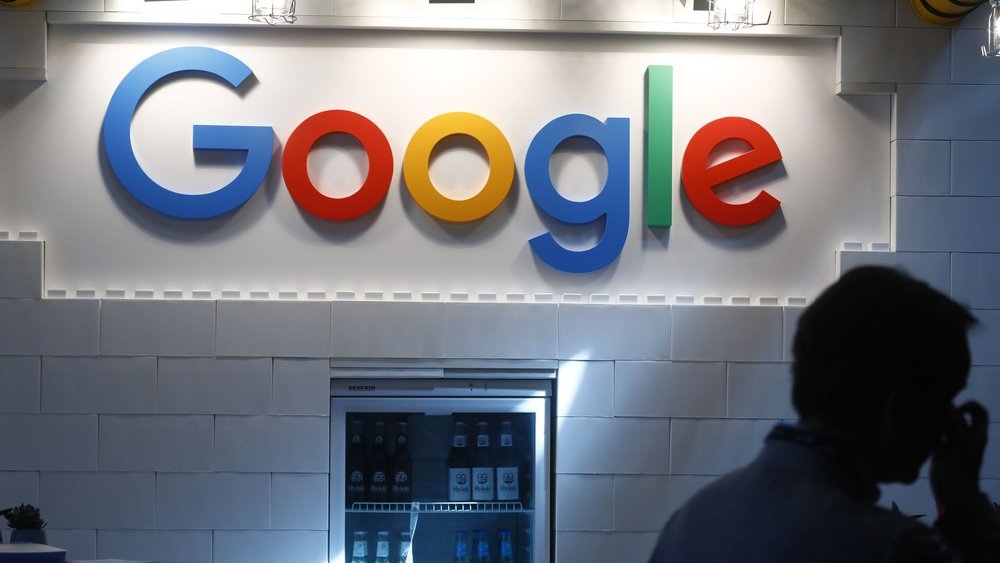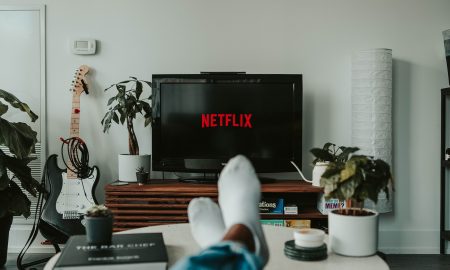
Google Allegedly Hit With The Biggest Antitrust Penalty In History

Tech Giants Troubles
The trend of news hitting media waves about tech companies such as Facebook, Google, Facebook, Amazon, and Apple indicate that the tech giants are encountering regulatory issues. Sometime this month, the European Commission slammed Google with a €4.3bn fine, which is regarded as the biggest antitrust penalty ever. A survey conducted in America revealed that between October 2017 and March 2018, the favorability rankings of Google, Amazon, and Facebook had declined by 12%, 13% and 28% respectively.
America isn’t the only region experiencing this sentiment change. Sources claimed that this change had begun earlier in Europe and has advanced beyond other areas because Europe has high sensitivities to data protection and privacy issues, and also because none of the tech titans has a headquarter in the region.
For instance, the European Commission accused Google of carrying out discriminatory activities against its rivals by pushing down their search results and giving precedence to its own. To this effect, the Commission imposed a €2.4bn fine on the firm last year and stated that the firm should begin attaching equal treatment to all search results.

The European Commission accused Google of carrying out discriminatory activities against its rivals by pushing down their search results and giving precedence to its own.
The circumstances that led to the fine imposed on Google sometime this month was based on the fact that the Commission alleged that Google was venturing into the same activity Microsoft was accused of in the 1990s which is linking all its software in a bid to solidify dominance. The case brought into question Google’s mobile operating system, Android, and its related services and software such as its app store, Google play, and other applications.
Google allegedly operates by giving telecom operators and Smartphone makers no alternative but to install all their related programs if they want to install any one of the programs, and also display all their icons in significant positions. The effect of that all-or-nothing provision is that most of the operators who need the Google app store to enable the commercial viability of their products are left with no choice but to take Google’s all-or-nothing offer.
Similarly, it was alleged that Google does not allow the installation of Android competing versions on any of the models of Google.
According to the competition commissioner, Margrethe Vestager, the practices do not give rivals an opportunity to be innovative or complete based on merits. In addition, Vestager stated that it denies consumers the benefits of enjoying effective competition.
Google’s Arguments
Google argued during its shopping case that its aim was to provide its customers prompt access to the most relevant information, instead of making them click through a different search engine. It is important to note that the commission suffered the brunt of heavy criticisms for its failure to highlight how consumers were deprived of better service due to Google’s actions.

Google argued during its shopping case that its aim was to provide its customers prompt access to the most relevant information instead of making them click through a different search engine.
Also in the all-or-nothing case, Google reportedly claimed that the restrictions were necessary to ensure the success of platforms that are open-source. According to Google’s CEO Sundar Pichai, there is an essential requirement to ensure a balance in the needs of not only consumers but also Google, the device makers, and the developers.
According to Pichai, the ruling of the commission could lead to a breakdown of the robust open-source system that currently exists by making Android break into versions that are incompatible thereby reducing its profitability which will, in turn, lower Google’s investment in the software.
Commission’s Position
The commission reportedly had a more solid position. According to Damien Geradin, the fact that Google provides internet search as well as related services coupled with the existence of considerable market shares translated to the firm always possessing incentive to embark on discriminatory acts against rival companies.
Even with difficulty in the management of open-source ecosystem, it is not sufficient reason for Google to stop the development of alternative ecosystems. Having rules that dictate where device makers should place their app icons appear too strict. It has been indicated that there is clarity in their aim to protect the search service from other competitors and their restrictions, for instance, contributed to the failure of Amazon’s fire phones among other ventures.
However, some have alleged that the remedies imposed on Google are not sufficient for curbing its activities in both circumstances. For instance, Ms. Vestager stated last week that it is the firm’s responsibility to put a stop to the infringement. The imposition of additional fines in other cases for non-compliance will cause it to do the right thing, but some have stated that Google may consider those fines an acceptable sum for embarking on its operations.
More in Investments
-
`
Streaming Giant Netflix Faces Yet Another Challenge
In the ever-evolving landscape of streaming entertainment, Netflix, once the unchallenged king of digital content, now faces a complex puzzle beyond...
December 1, 2023 -
`
Signs You Should Quit Your Current Job & Move On
You Don’t Feel Comfortable at Work Imagine spending the majority of your waking hours in a place where you feel uneasy,...
November 20, 2023 -
`
How to Adjust and Renew Your Portfolio
Investing in the financial world is like navigating an ever-changing landscape—constantly evolving, always shifting. The key to staying on track? Regularly...
November 18, 2023 -
`
Dr. Dre’s Divorce With Nicole Young: A Closer Look
When the beats of old-school hip-hop start bumping, Dr. Dre’s name reverberates in fans’ minds worldwide. Born as Andre Young, this...
November 12, 2023 -
`
Why Branded Content Is the Best Way to Connect With Your Audience
Have you ever found yourself deep in a compelling article or engrossed in a video series, only to later discover that...
November 5, 2023 -
`
Why the Gender Pay Gap Could Be Getting Worse | New Research Findings
At a time when women are making significant strides in various professional arenas, a new report throws light on a trend...
October 28, 2023 -
`
What Is a Bull Market and How Can Investors Benefit From One?
In finance, the term “bull market” is frequently used to describe a period of optimism, rising asset prices, and investor confidence....
October 19, 2023 -
`
A-List Power Couples Where the Women Make More Money
In an era of shifting gender roles and evolving definitions of success, it’s increasingly common to find celebrity couples where the...
October 15, 2023 -
`
Massive Price Cuts: Tesla Only Witnesses ‘Modest’ Sales Gain in China
Cutting Down Prices, But Not Cutting the Mustard? Summer 2023 brought with it a promise of sunshine and relaxation. For Tesla...
October 8, 2023















You must be logged in to post a comment Login